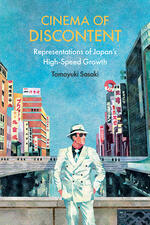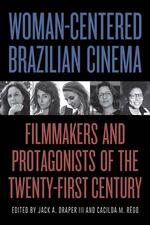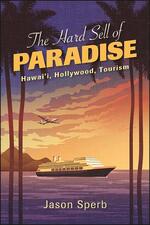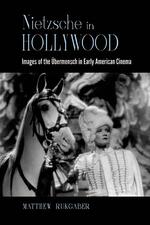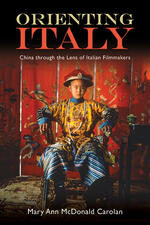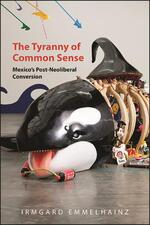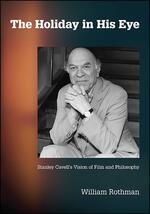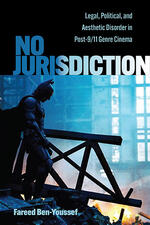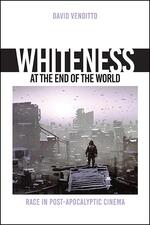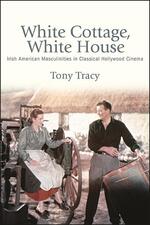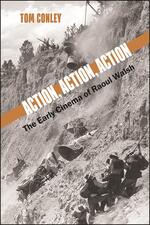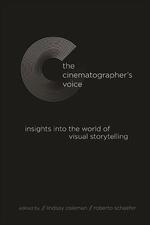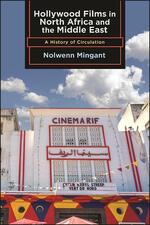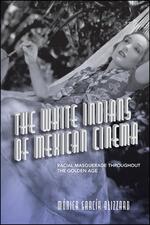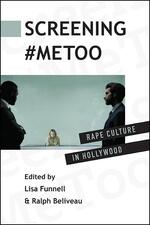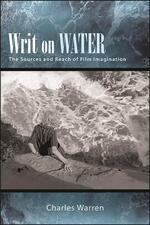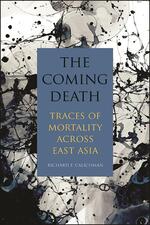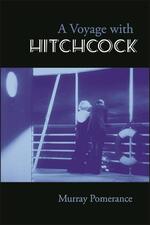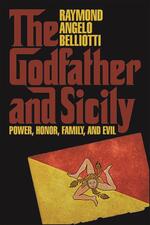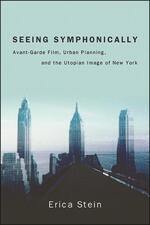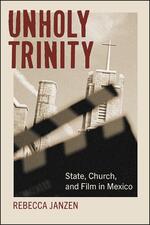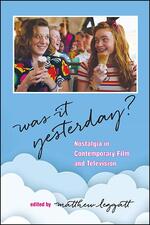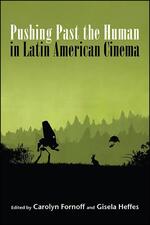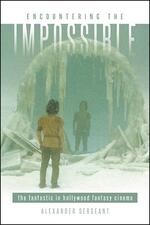Film Studies
Reluctant Sleuths, True Detectives
Explores the figure of the detective as a pursuer of knowledge in four noir films.
Cinema of Discontent
Uses popular films to reveal the tensions generated during Japan’s postwar "economic miracle," challenging the prevailing view that it was a story of great national success.
Woman-Centered Brazilian Cinema
Illuminates the complex factors that have helped or hindered creative work by and about women in the twenty-first-century Brazilian film industry.
The Hard Sell of Paradise
Traces the complex and contradictory representations of Hawai’i in popular film and television programs from the 1930s to the 1970s.
Nietzsche in Hollywood
Argues that Nietzsche’s idea of the Übermensch was a central concern of filmmakers in the 1920s and 1930s.
Orienting Italy
Explores Italian filmmakers' representations of China and the Chinese, both at home and abroad.
The Tyranny of Common Sense
Elucidates how neoliberalism rules all areas of life and operates as a form of common sense, taking Mexico as a case study.
The Holiday in His Eye
Presents an original, insightful, and compelling vision of the trajectory of Cavell's oeuvre, one that takes his kinship with Emerson as inextricably bound up with his ever-deepening thinking about movies.
No Jurisdiction
A deeply personal study of post-9/11 film that exposes how genre can frame the shifting meanings of the War on Terror and its impact on American law and culture.
Whiteness at the End of the World
Examines the ways in which post-apocalyptic films express white racial anxiety.
White Cottage, White House
Argues that Irish American masculinity functioned to negotiate, consolidate, and reinforce hegemonic whiteness in Hollywood cinema from 1930 to 1960.
Action, Action, Action
Studies the force of action, motion, and vision in the early cinema of Hollywood director Raoul Walsh.
The Cinematographer's Voice
A unique exploration of contemporary filmmaking from cinema’s ultimate insiders.
Hollywood Films in North Africa and the Middle East
Traces the circulation of Hollywood films in North Africa and the Middle East from the early twentieth century to the present.
The White Indians of Mexican Cinema
Examines the filmic representation of Whiteness as Indigeneity and its role in mediating racial politics in Mexico.
Screening #MeToo
Considers how Hollywood films since the 1960s have both reflected and shaped attitudes toward rape and sexual violence.
Writ on Water
A powerful and original statement on the nature of film and the intimate relation of “film imagination” to our lives as human beings in the world.
The Coming Death
Explores questions of death and mortality in several key texts of East Asian literature and cinema.
A Voyage with Hitchcock
Extensive meditations on the theme of the voyage in six Hitchcock films: Psycho, The 39 Steps, The Birds, Dial M for Murder, Rich and Strange, and Suspicion.
The Godfather and Sicily
Offers a distinctive interpretation of The Godfather as a novel and film sequence.
Seeing Symphonically
Looks at how a group of aesthetically innovative independent films contested and imagined alternatives to urban planning in midcentury New York.
Unholy Trinity
Examines representations of religion in Mexican film from the Golden Age to the early twenty-first century.
Was It Yesterday?
Explores how nostalgia operates in contemporary US film and television.
Pushing Past the Human in Latin American Cinema
Sheds light on emergent Latin America cinema that addresses the politics of environmental destruction, the unevenness of climate change consequences, and new ways of visualizing the world beyond the human.
Encountering the Impossible
The first academic explanation for how spectators use their imaginations as part of the experience and appreciation of popular fantasy filmmaking.

